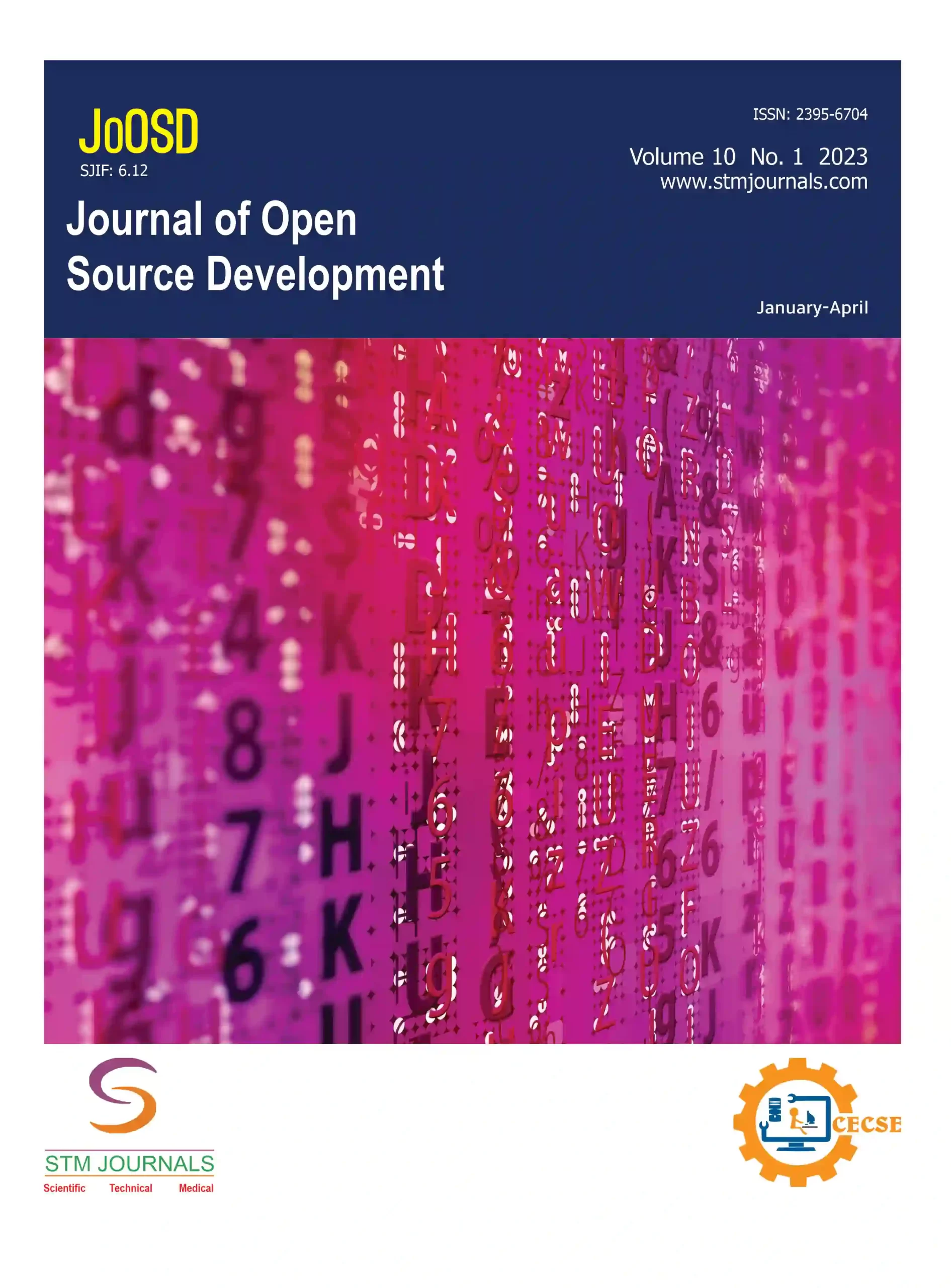Abhishek Jaiswal,
Suraj Prajapati,
Priyank Mishra,
Abhishek Maurya,
Sumit,
- Student, Department of Computer Science and Engineering/ Artificial Intelligence, Bansal Institute of Engineering & Technology, Lucknow, Uttar Pradesh, India
- Student, Department of Computer Science and Engineering/ Artificial Intelligence, Bansal Institute of Engineering & Technology, Lucknow, Uttar Pradesh, India
- Student, Department of Computer Science and Engineering/ Artificial Intelligence, Bansal Institute of Engineering & Technology, Lucknow, Uttar Pradesh, India
- Student, Department of Computer Science and Engineering/ Artificial Intelligence, Bansal Institute of Engineering & Technology, Lucknow, Uttar Pradesh, India
- Student, Department of Computer Science and Engineering/ Artificial Intelligence, Bansal Institute of Engineering & Technology, Lucknow, Uttar Pradesh, India
Abstract
Eduverse is a cutting-edge, web-based educational platform developed to transform the way coding is taught and learned. It focuses on making programming more accessible, engaging, and effective by combining gamification techniques, AI-powered personalized tutoring, and hands-on coding challenges inspired by real-world problems. Unlike traditional learning environments that often rely on static lessons and limited interaction, Eduverse offers a dynamic and adaptive experience tailored to individual learning styles and skill levels. The platform encourages active participation through its collaborative features, which allow learners to work together, share solutions, and receive instant, personalized feedback. As the students progress, they not only improve their technical skills but also develop critical thinking and problem-solving abilities. This study examines the development, core features, and overall effectiveness of Eduverse in enhancing student motivation, improving retention, and achieving better learning outcomes. The findings suggest that Eduverse has the potential to significantly impact the future of coding education by making it more inclusive, practical, and student-centred.
Keywords: AI-powered, educational platform, online, technology, Eduverse
[This article belongs to Journal of Open Source Developments ]
Abhishek Jaiswal, Suraj Prajapati, Priyank Mishra, Abhishek Maurya, Sumit. Online Skill-boost Platform (Eduverse). Journal of Open Source Developments. 2025; 12(02):01-06.
Abhishek Jaiswal, Suraj Prajapati, Priyank Mishra, Abhishek Maurya, Sumit. Online Skill-boost Platform (Eduverse). Journal of Open Source Developments. 2025; 12(02):01-06. Available from: https://journals.stmjournals.com/joosd/article=2025/view=222453
References
- Titov K. Introduction to Artificial Intelligence: Understanding the Basics: A Comprehensive Guide to Artificial Intelligence. Seattle (WA): Amazon Digital Services LLC – KDP; 2024.
- Kliegr T, Bahník Š, Fürnkranz J. Advances in machine learning for the behavioral sciences. Am Behav Sci. 2020 Feb; 64(2): 145–75.
- Keith J, Andrew R. HTML5 for web designers. New York, NY: A Book Apart; 2010.
- Zakas NC. Maintainable JavaScript: Writing Readable Code. Massachusetts (US): O’Reilly Media; 2012.
- McFarland DS. CSS3: The Missing Manual. Massachusetts (US): O’Reilly Media, Incorporated; 2012.
- Banker K, Garrett D, Bakkum P, Verch S. MongoDB in Action: Covers MongoDB Version 3.0. New York City (US): Simon & Schuster; 2016.
- Simpson K, Don Y. You Don’t Know JS: Scope & Closures. Massachusetts (US): O’Reilly Media; 2014.
- Kimani CJ, Scott J. Advanced Artificial Intelligence Professional Level. Nairobi (KE): Finstock Evarsity Publishers; 2023.
- Fürnkranz J, Gamberger D, Lavrač N. Machine Learning and Data Mining: Foundations of Rule Learning. Berlin (DE): Springer; 2012. p. 1–7.
- David M. HTML5: Designing Rich Internet Applications. England (UK): Routledge; 2013. doi:10.4324/9780240821276.

Journal of Open Source Developments
| Volume | 12 |
| Issue | 02 |
| Received | 28/02/2025 |
| Accepted | 27/04/2025 |
| Published | 13/06/2025 |
| Publication Time | 105 Days |
PlumX Metrics
